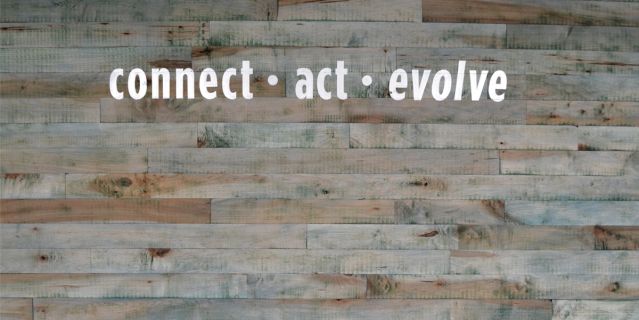
The good life is a process, not a state of being. It is a direction not a destination
-Carl Rogers
Humanism, Psychology, and the 21st Century
The 21st century is a time to embrace new and innovative approaches to social, economic, environmental, and political needs. This includes the need to address the emotional, psychological, and social health for individuals and groups in this quickly changing world. With this blog, I will explore a Humanistic psychology approach to 21st century life and work towards a collective understanding of how humanism supports resiliency, adaptation, and individual wellbeing for today’s world.
One such movement blossoming across the United States that is creating community and working towards addressing these questions in both thought and practice is Humanism and it is influencing the practice of a 21st century model of Humanistic Psychology. Many people have heard of Humanism, but find it difficult to put into words.
For students of psychology, Humanism echoes the work of Carl Rogers, Rollo May, Abraham Maslow, and Fritz Perls… the so-called third force of psychology that emphasizes a holistic understanding of the individual. This group assumed that people at their core are good and want to be good and they emphasize the importance of individual development and self-understanding as a major goal in life in order to be a healthy and contributing member of society. Humanism and Humanistic Psychology is about connecting, evolving, and acting in the world. Embracing such ideals leads to improved wellbeing and self-understanding that in turn allows individuals and groups to address the challenges of today’s world. Hence, humanism and Humanistic Psychology inform one another.
Stumbling Upon Humanism
Like many of you, I have pursued a life-long journey to find a spiritual home. I recall that at age 7, while living in Austria, we visited a Capuchin monastery and I declared that I wanted to become a monk (the name Cappuccino comes from this order’s color of robes). My enthusiasm for monastic life was more about a quiet life and interaction with nature and animals than it was about any religious convictions.
As a student in Boston, I attended the Unitarian Church for a number of years (and was married in the Arlington Street Unitarian Church where the grandson of Paul Revere preached). Later, in an attempt to reconnect to my Jewish heritage, I co-established the first reform Temple in the city of Boston. Despite my ongoing interest and search for a religious or spiritual community, I didn’t find my fit.
Five years ago I met the then new chaplain of the Harvard Humanist Association, Greg Epstein. Greg is the author of the bestseller “Good without God” and a multi-talented, reflective, and enthusiastic man. In his book, Greg asks the question whether one can be kind without a supernatural power overseeing one’s actions.
Here is what the members of the Humanist Hub created about their community:
The Humanist Hub is a place where you can connect with other people, act to make the world better, and evolve as a human being. We are a center for humanist life—a nonreligious community committed to the power of connection to help us do good and live well. We use reason and dialogue to determine our highest ethical values, we act on those values with love and compassion, and we help one another evolve as individuals, as we work to improve our world.
This is a useful encapsulation of Humanism and the path to considering Humanistic Psychology in future blogs.


